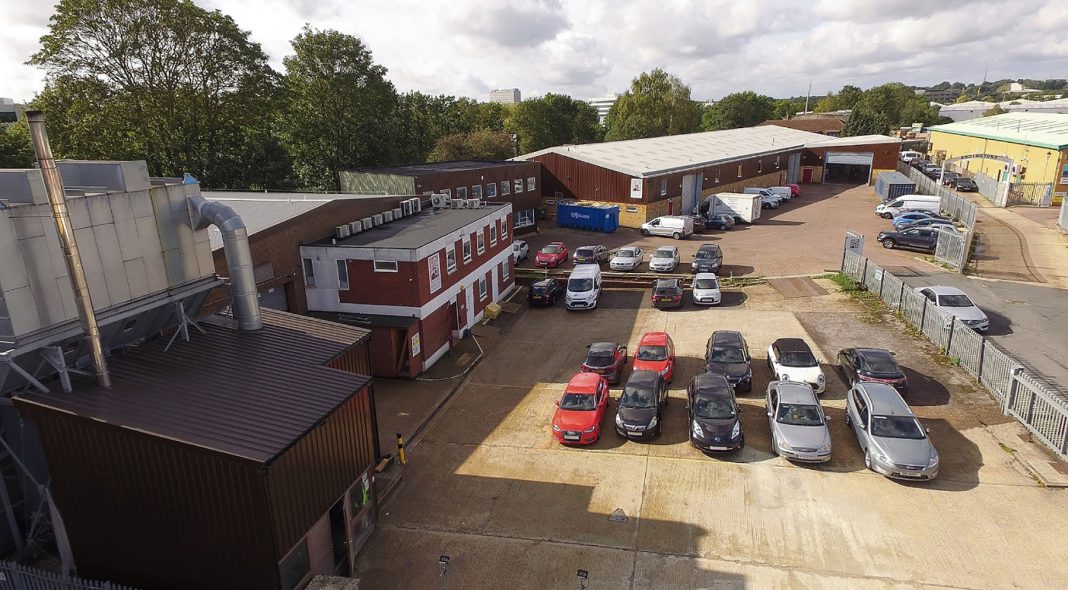Sash Window Workshop achieved a 39% reduction in its carbon emissions last year against 2019, despite opening a new workshop and doubling its manufacturing capabilities.
,
The Bracknell-based company set itself a target to reduce its carbon footprint, having previously assessed the figure for 2019 as it believes it is important to work to reduce carbon emissions, rather than just offset them; reducing emissions means that the carbon is never released into the atmosphere, whereas offsetting is just compensating for carbon emissions.
Both reports were carried out by Carbon Footprint which helps businesses conduct independently verified reviews of their carbon emissions.
In 2021, The Sash Window Workshop started switching its sales team to use electric cars to help reduce emissions, as well as installing electric charge points for employees and visitors to use.
The switch to electric and hybrid vehicles saw the carbon footprint from its company car travel decrease by 58.6% (to a total of 13.62 tonnes over the year). With many of the sales team making the switch to electric vehicles during the middle of the year, this figure should reduce further in 2022.
The company’s scope 1 and 2 emissions for 2021 totalled 194.36 tonnes of carbon, with their total tonnes of emissions (also including scope 3 indirect emissions) totalling 214.50 tonnes of carbon.
Managing director Richard Dollar said: “Having worked towards being environmentally responsible for several years, I am proud that we have not only achieved our goal to reduce our carbon footprint but have also reduced it by an impressive 39%.
“From becoming FSC certified in 2016 to undertaking our first carbon emissions assessment a couple of years ago, we have made multiple changes over the years to be as environmentally sustainable as possible.
“Each wooden window made from sustainable wood saves approximately 160kg of carbon dioxide in comparison to a plastic window (source: Heriot Watt University). This means that by using sustainable wood to manufacture our windows and doors, we use the most sustainable and the greenest choice of any material.”












